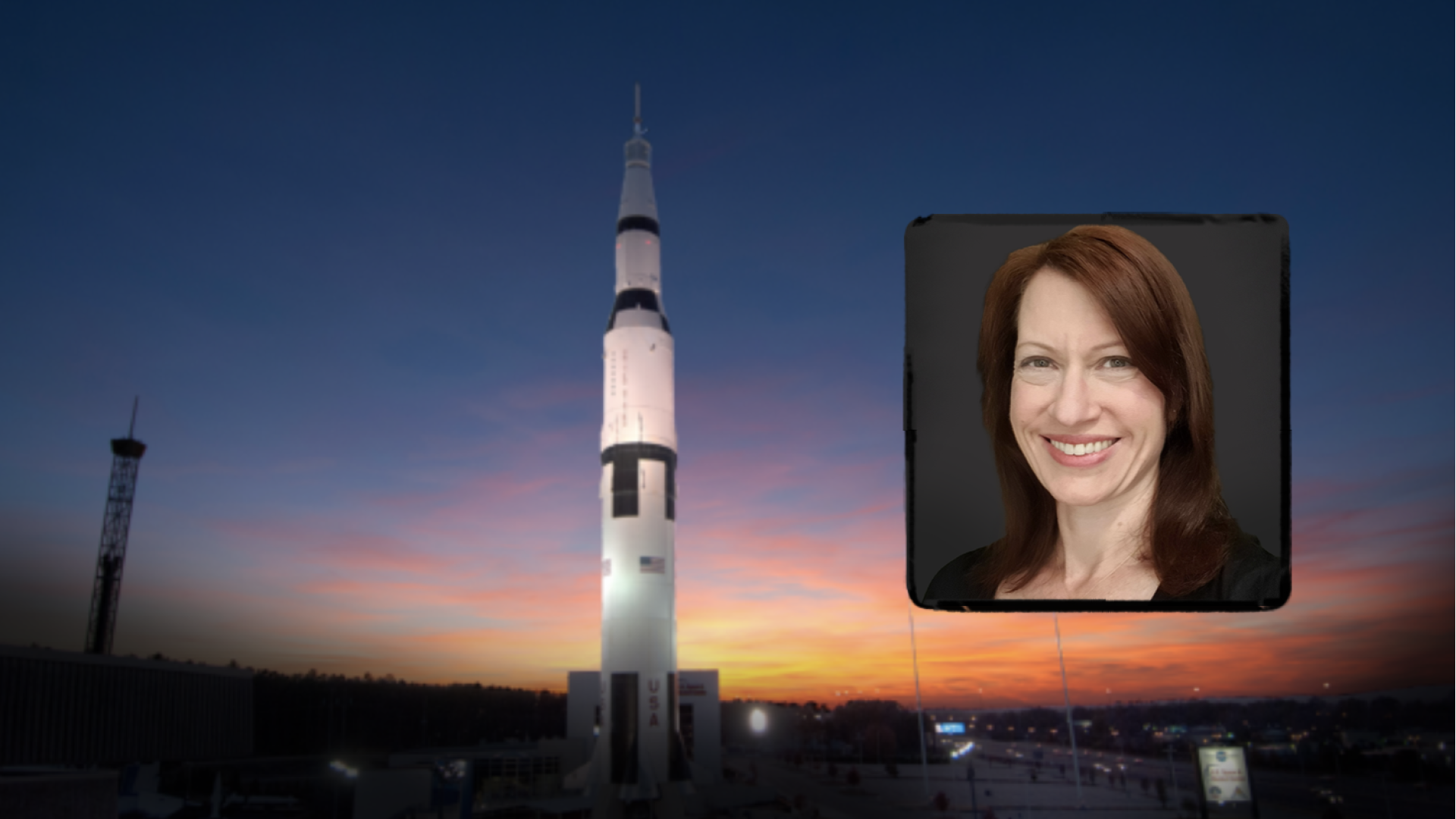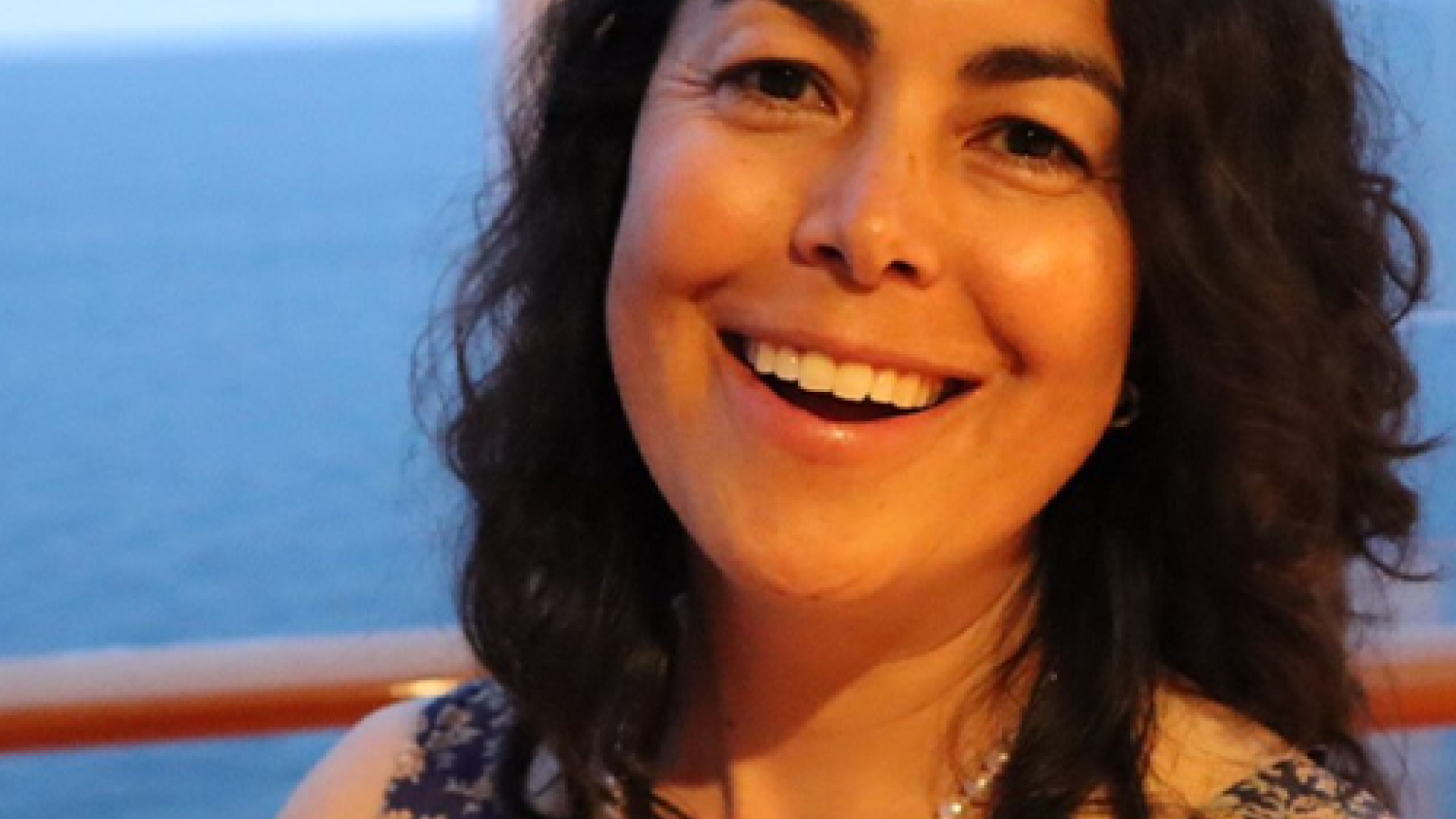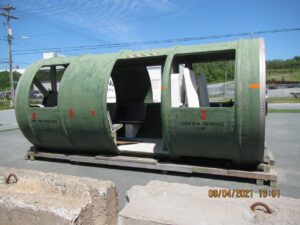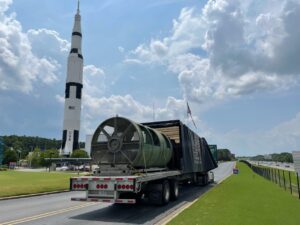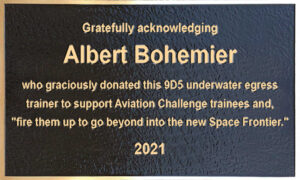The Doctor Is In
Four-time Space Camper (And U.S. Space and Rocket Center Education Foundation Board Secretary) Dr. Gretchen Green is no regular Space Camp® alumna, having received education at Harvard, Yale, and Brown on her way to practicing as a radiologist in North Carolina.
A clear leader in her field and expert in her scientific craft, Dr. Green recently came on the Dare to Explore podcast, and she was quick to give credit to the power of mentorship for helping her along her journey in the medical field.
“Meeting a mentor along the way really helped,” said Dr. Gretchen Green. “My mentor [asked me about a specific medical situation], and I rattled off about 13 different things as an answer to his question. Upon responding, he looked at me and said, ‘You’re not an ER doctor – you’re a radiologist.”
Green had her doubts, explaining her desire to become an ER doctor, but according to her, her mentor looked at her and simply said, “No, that’s not how you think.”
“It took someone like that with that perspective to call me out and say from an educator’s standpoint that my mind was meant to do something else,” said Dr. Green. “When I got to the ER, I put it together, and I thought right I can’t think 13 different things here, I have to make a quick decision and move forward.”
This moment encouraged Green to really look inward and determine who she was and discover herself and how she thought. Upon this self-examination, she knew that radiology was the path she was supposed to take.
This story from Dr. Gretchen Green may, on the surface, speak to career-paths but the wisdom is far-reaching. Whatever your mission is, whatever you seek to discover in life, it is valuable to find trusted mentors who have walked that path ahead of you, who are willing to look back and point out the way. It’s truly astounding what we often learn about ourselves by looking at the lessons of those around us.
Learn more about Dr. Green and other scientists, engineers, and professionals from the space and aeronautics field by subscribing to “Dare to Explore,” the official podcast of the U.S. Space & Rocket Center Foundation. “Dare to Explore” can be found on Apple Podcasts, Spotify, and anywhere else you listen.
